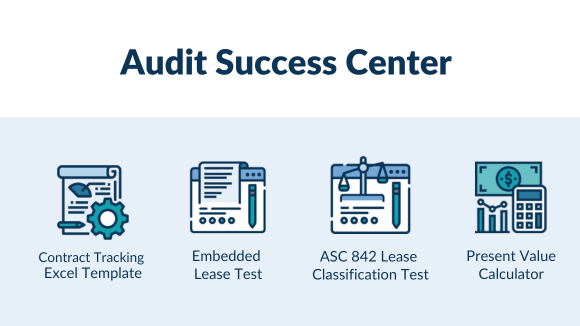By Andrew Larson, CTO at FinQuery
Artificial Intelligence (AI) is revolutionizing operational efficiency in virtually every sector. Manufacturing companies in particular are leveraging AI to improve the precision and speed of their financial operations. In the realm of accounting, AI is transforming traditional practices, introducing new levels of efficiency and accuracy that benefit the manufacturing sector immensely.
Introduction to AI in Accounting within Manufacturing
The U.S. is experiencing a notable shortfall in accounting and auditing professionals, with over 300,000 of these experts having left their positions in the last two years. This exodus represents a 17 percent decline in the number of employed accountants and auditors, intensifying a severe shortage in the field (Source: SHRM). This shortage is causing major strain for existing professionals and could be contributing to major reporting mistakes, further emphasizing the critical nature of the situation.
Manufacturing, with its complex financial operations, inventory management, cost accounting, and regulatory compliance requirements, relies heavily on skilled accounting professionals. The shortage of accountants may exacerbate difficulties, potentially resulting in operational inefficiencies and increased compliance risks.
However, AI provides the opportunity to bridge the gaps in finance and accounting domains with its ability to analyze vast quantities of data, identify patterns, and pinpoint anomalies, allowing companies to boost their accounting efficiency significantly. AI technology is becoming ubiquitous in the accounting industry, transforming the way finance professionals operate and making their tasks more manageable, and the speed of AI adoption is increasing.
One of the key areas where AI has made a significant impact is in the automation of repetitive and time-consuming tasks such as data entry. For instance, in manufacturing, AI can streamline the inventory process by automatically updating stock levels based on real-time production and shipment data. By utilizing machine learning algorithms, AI can extract data from various sources, categorize it, and input it into financial systems, ensuring accuracy and efficiency in inventory management and financial reporting, even forecasting demand and recommending restocking orders.
Revolutionizing Accounting & Financial Management Through AI
Implementing AI in financial management and accounting offers substantial benefits for manufacturers, streamlining their business operations:
Streamlining Tasks through Automation: AI can automate repetitive tasks in manufacturing, such as inventory management, quality control, supply chain logistics, equipment maintenance scheduling, and production line optimization. For accounting, AI alleviates repetitive tasks such as invoice processing, payment processing, financial record-keeping, data entry, and general bookkeeping. These tasks, typically prone to human error, can be efficiently managed by AI, freeing up accountants for strategic work requiring expert knowledge.
Improving Security: Considering their reliance on technology and the sensitive nature of data such as customer information and trade secrets, manufacturing businesses face significant cybersecurity threats. AI tools can address these challenges, detecting suspicious activity swiftly and effectively. AI can learn, improve and adapt as it processes new data, growing increasingly proficient at identifying and combating increasingly sophisticated fraudulent attempts.
Analyzing Data: AI tools can process immense volumes of data, identifying trends or errors in real time. This eliminates the need for manual data sorting, freeing up valuable time for data-driven decisions leading to enhanced accuracy in financial forecasting.
Adherence to Compliance and Regulations: With constantly evolving financial regulations, maintaining compliance is a significant challenge. AI can assist in maintaining compliance by monitoring transactions, highlighting discrepancies, calculating tax liabilities, and automating regulatory reporting. This lowers the risk of non-compliance and shields businesses from associated legal repercussions and penalties.
Implementing AI in the Accounting & Finance Functions
Integrating new technology requires skill and appropriate training. This is especially true for AI, a terrain still new to the majority of employees. Adequate training paves the way for AI to become a fundamental component of finance and accounting operations.
By adopting AI technologies, accountants can tap into the vast potential of AI to enhance efficiency, accuracy, security, and compliance. By doing so, they enhance their company’s financial and operational strength, thus helping to improve the overall performance of the business.
About Andrew Larson, CTO at FinQuery
Andrew Larson is the Chief Technology Officer of FinQuery (formerly LeaseQuery). He brings to the table over 20 years of experience across varied sectors such as banking, finance, insurance, e-commerce, aviation, stock, and energy trading, weather, and warehouse logistics.











